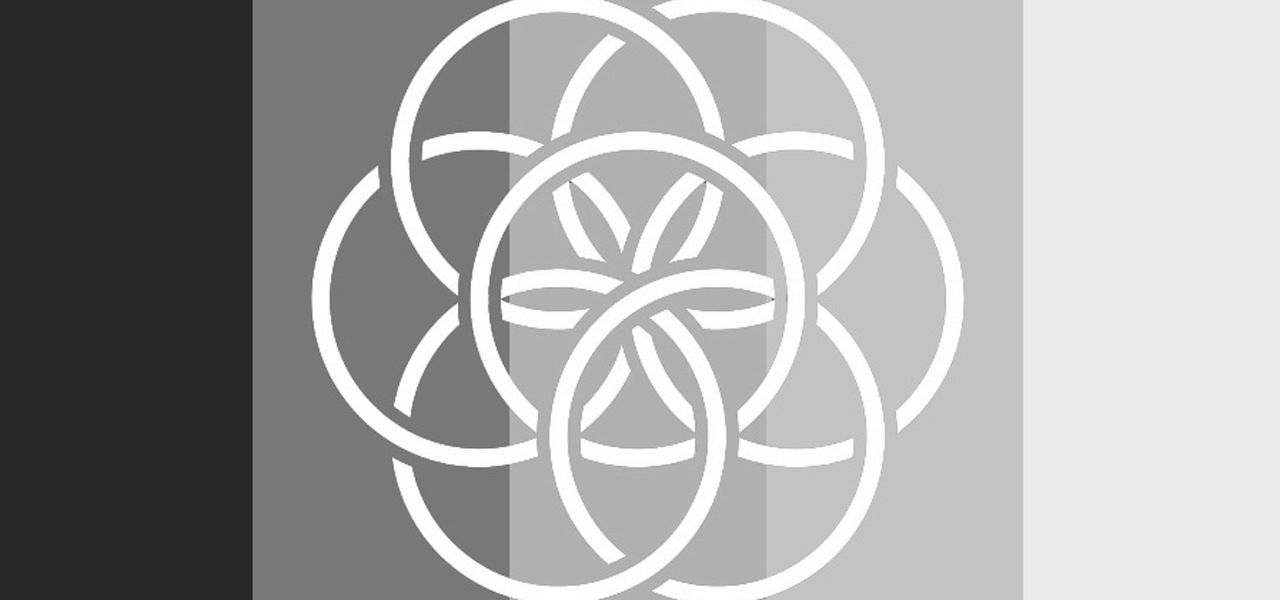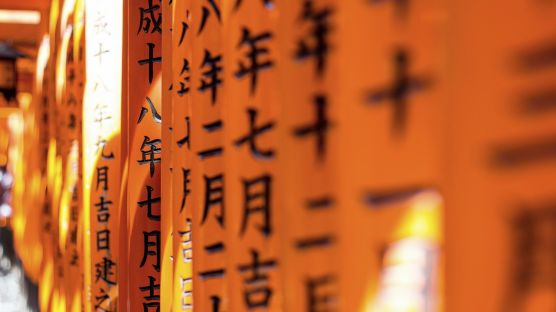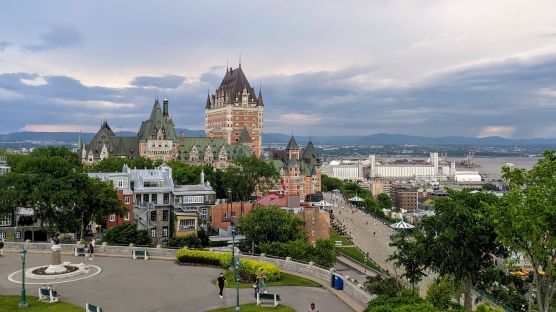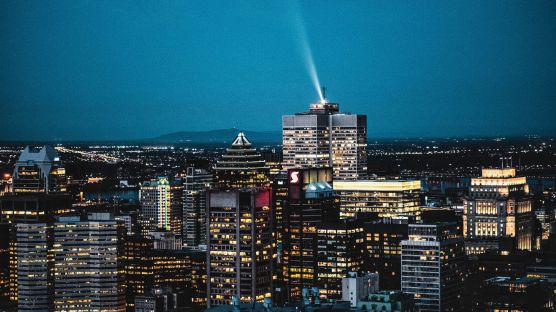Having felt the anti-racism spirit in the air, I've been thinking about jotting down my encounters with racism during my 29 years in India. Since I cannot figure out where to start, I’ll start with a small story.
- When I was in Kolkata, I was the Gujarati guy who could speak Bengali.
- When I grew a beard, I was told that I looked like a sikh/muslim.
- When I went outside Kolkata, I was finally recognized as a person from Bengal.
- When I went outside India, I was finally recognized as an Indian.
This reminds me of the tale of a frog that stepped out of it’s well one day and found an unfathomably grand world.
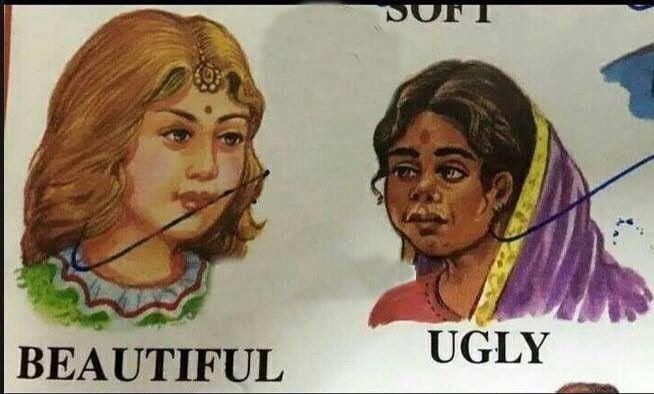
Observations
Here are some real facts and events that I’ve witnessed while growing up in India. I’m not claiming that everybody has these beliefs, however, I’ve found most of these beliefs to be widely held.
- It’s cool if Krishna/Kali (gods) are dark-complexioned. However, in general, dark skin is not considered cool. Many people prefer to have life-partners with fairer/whiter skin.
- I've seen people make fun of dark-skinned people because they’re “black like coal”. At the same time, I've also seen people make fun of white people because they’re “pale like a ghost”. So, nobody’s cool?
- I’ve met people who still think that all white people are Britishers or their descendants, i.e. angrez/firangi. Thus, they dislike them to get some kind of revenge for the British invasion of India.
- I’ve seen people being rude and using hateful language against foreigners, e.g. calling them a son of a beep on their face in their local language just for fun. At the same time, they charge them 3 times the regular price to make extra income.
- Foreigners apart, I’ve seen people discriminate against and make fun of people from south India because they have a relatively darker skin. However, to reiterate, some Indian gods are always depicted with dark skin.
- Back in my school days, I’ve heard certain teachers make remarks which would definitely count as racist/discriminative. People were not very aware of racism back in the days.
- I’ve had some friends/classmates who had a very dark complexion. There was one such classmate who would often be called a black horse and the people calling him that won’t even realize that it is offensive/discriminative.
- In Colombia, I met a sister from Gujarat who was scared to speak with me because I was an Indian. It broke my heart when she shamefully expressed that she had been called an uneducated Gujarati village girl by an Indian tourist because she had a Gujarati accent when she spoke English/Spanish.
- In general, it is normal to see advertisements (fairness creams) and other material which imply that having a fairer skin is preferable. This affects many people to use the color of skin as a measure of beauty.
- I’ve also witnessed people disrespectfully making fun of internationally famous celebrities because they are black.
- There exists a last name Das, pronounced daas. This last name literally means servant or slave.
To stick to the subject and to not change this article in to a book, I’ve chosen to avoid complex topics like the rights of my sisters (women’s rights), rights of my siblings who have a different sexual orientation (LGBTQ rights), and other things which are not related to racism.
The problem
I think that the problem is the fact that many people don’t realize that what they’re doing is racism or some form of discrimination. Again, many people are so busy identifying themselves with their cultural/religious/other groups that they forget about the bigger picture. Since there are no strict laws to keep a check on such discrimination, people who practice discrimination do not face negative consequences. This makes them believe that it is okay to discriminate. Many people are not aware of the changes that the world has been going through and that they need to update their way of thinking and be more acceptant and open-minded. Fortunately, newer generations are more open-minded and I’m very glad to see it.
The solution
Here are some ways in which I believe India as a nation can approach the challenge of racism and certain other forms of discrimination.
Children
Sadly, most beliefs that bring about discrimination are unknowingly passed on for generations. Nobody is born a racist; children do not discriminate. However, children are like a blank canvas and what we learn as a child is hard to unlearn. Thus, I believe that everybody must be careful as to what they teach their children.
Personally, I won’t pass on my beliefs to my children. I’ll guide them and let them find their own answers.
I believe that the first big step is to reach the parents and teachers, so that they update their way of thinking and teach their children not to discriminate. This will ensure a better, discrimination-free future. I can remember certain childhood incidents of teachers saying things which would count as racism.
Culture
Cultural influencers like movies, songs, books and advertisements need to be altered to make people more acceptant to differences of skin color and other parameters. Some fairness cream advertisements directly imply that whiter skin is superior, which is very sad. During my 15 years of education, I don’t remember having seen a person of dark skin in an educational book, which is infuriating! Growing up, I don’t remember ever having heard or read any story with a princess as dark as ebony. Bollywood movies mostly have fair-complexioned actors/actresses and most songs refer to fair-complexioned men/women.

Awareness
Many people discriminate without even knowing that what they’re doing is racism. People need to be more aware of what discrimination is and why/how it is bad. Ideally, people should treat each other as humans, i.e. someone of their own species, leaving aside every other manmade difference has come into existence.
Laws
I believe that it is difficult to completely change the way a person thinks because it requires them to unlearn what they’ve learnt. It is in human nature to resist change, yet it is important to have certain changes. For people who are not open to the idea of ethical thinking, it might be necessary to create laws preventing discrimination and to enforce them strictly.
Religion
India is the home of many religions and most religions believe that humans were created by the gods. If this is true, then it was gods’ choosing to give people different colors and we should not mistreat other humans created by the same god. Religious leaders can play an important role in driving home this lesson.
Ethics
If you’re an atheist or agnostic (like me), you can find the answer in ethical reasoning. Answering this simple question always helps:
What if I were on the receiving end?
The first step to solving a problem is to accept that the problem exists. It opens the mind to the idea that change is necessary. As humans, we have solved several challenges and this one can also be solved if we all work together.
Thoughts
I consider all humans to be my friends, brothers and sisters. It breaks my heart when they harm each other and bring disastrous outcomes. I’m very sorry for everyone who have suffered at the hands of racism and discrimination.
The rights of one individual end where the rights of another individual begin.
The thoughts and beliefs that I’ve expressed in this article are my own. I have such beliefs because I thought about the problems I faced and found my own answers. I do not claim that my answers are correct, but I know that my answers will keep evolving. I am not ashamed to extend an apology to anybody whom I might’ve offended with my thoughts and opinions in this article or if I said or did anything that might count as discriminative.
Conclusion
India is a huge country containing a wide variety of people. However, most of the times, it feels as if the diversity itself is her disadvantage. It might make sense to reduce the differences and focus more on the similarities. Most people are so busy identifying themselves with their own cultural/religious/other groups, that they forget about the bigger picture.
People’s mindsets cannot be changed overnight. However, we can start by changing ourselves and then teaching our children to be better humans. That way, maybe in 50 years, things will improve and India will become a better nation.
Please do not discriminate because we’re all human.
Next steps
- Read the definition of racism and identify if and when you’ve done it.
- Read about discrimination in India.
- Did you know that the 2nd stanza of the Indian national anthem talks about inclusion? Give it a listen.
- Before you do anything, think about how it will affect others.
- If you see someone discriminating, speak up or record audio/video proof and take legal action.

